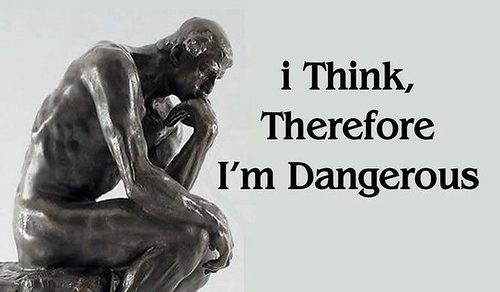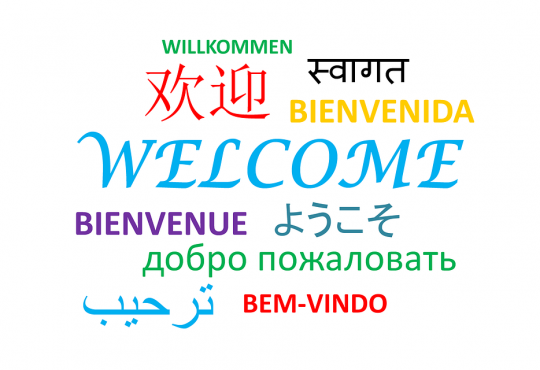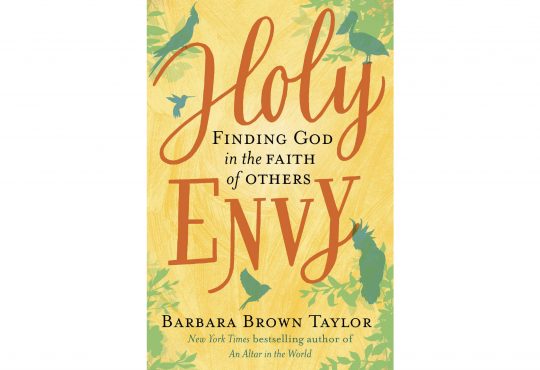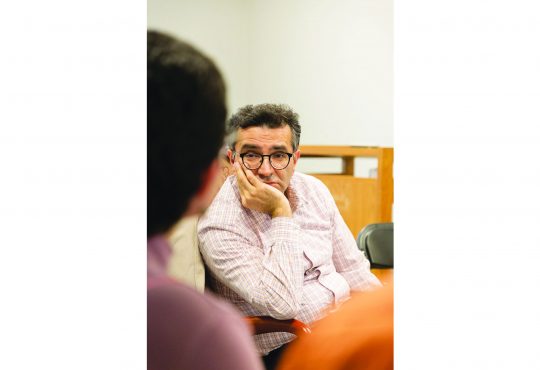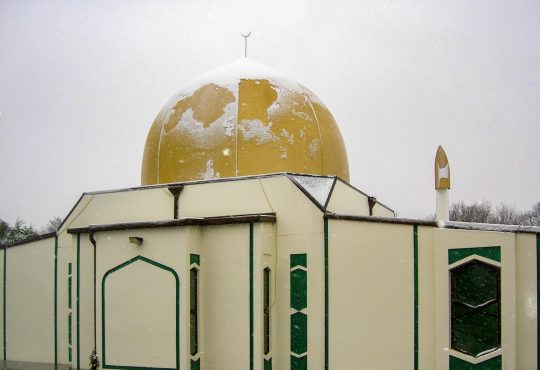Recently, the events involving the Chapel Hill shooting, Charlie Hebdo, Boko Haram and ISIS have created a nationwide and even a worldwide discussion about Islam as a religion and the overwhelming use of violence in the name of or against Islam.
Islamic Extremists Groups committed 6 percent of terrorist attacks on U.S. soil from 1980-2005 according to a study conducted by the FBI. I bring this up because it should be common knowledge that Islamist groups don’t dominate terrorism in the U.S. People of all religions and all backgrounds use violence and Islam takes the heat for everything because the media spins it to be that way.
Why is it that we only hear about terrorist attacks involving Muslims? Why do we hesitate to call what happened in Chapel Hill a hate crime but we are so quick to call Charlie Hebdo a terrorist attack? There are more acts of terrorism committed by other religions than Islam, so why the focus on Islam?
Professor Mathew Ingalls in the Islamic Studies Department at the University of Puget Sound has a lot to say on this issue.
“The media has these narratives that they are trying to fit new events into. You are never given the complete picture,” Ingalls said. “Islam is a tradition that is constantly being renegotiated throughout history. Each generation has to establish its own relationship to the religion. There is no centralized authority in Islamic thought. The media is responsible for telling us about the world and they are giving us a very skewed picture that prioritizes stories of violence over stories of peace.”
If all the media reports on is an act of terror committed in the name of Islam, then that is how Americans will frame their thoughts and dialogue. We feel the need to ask Muslims to defend their religion and to justify why their religion isn’t inherently violent. However, there is obviously a huge problem with this. No one should have to defend who they are and what they believe. It is very sad that the conversation these days unfairly associates Islam with violence.
“I read about Boko Haram and ISIS and all these things I believe they are misinterpreting the tradition,” Ingalls said.
The media adds a filter to our world. Nothing we hear is a lie necessarily, we just have to remember that each event is being framed in a way that is very specific and is not taking all sides into account. Ingalls believes we need to take the complexity of each event we hear about into account.
Junior Irema Halilovic had a lot to say on the subject of Islam and the media.
“We prioritize certain people and certain people’s narratives over others,” Halilovic said. “We just need to change the conversation. I don’t want to talk about why ISIS and Boko Haram are the outliers. I don’t care. They are doing their thing. That is not Islam. If we blame Islam for women being oppressed, for terrorism, for everything then we don’t have to critically look at our society and be like actually maybe Islam isn’t misogynistic maybe all religions have a little misogyny in them because all religions have men in them.”
People need to remember that it is not Islam that is violent; humanity is violent. The problem is people targeting all of their anger and rage at one group.
“For me, Islam is beautiful religion. Islam is truly a religion of mercy,” Halicovic said. Islam is a beautiful religion as is every religion.

